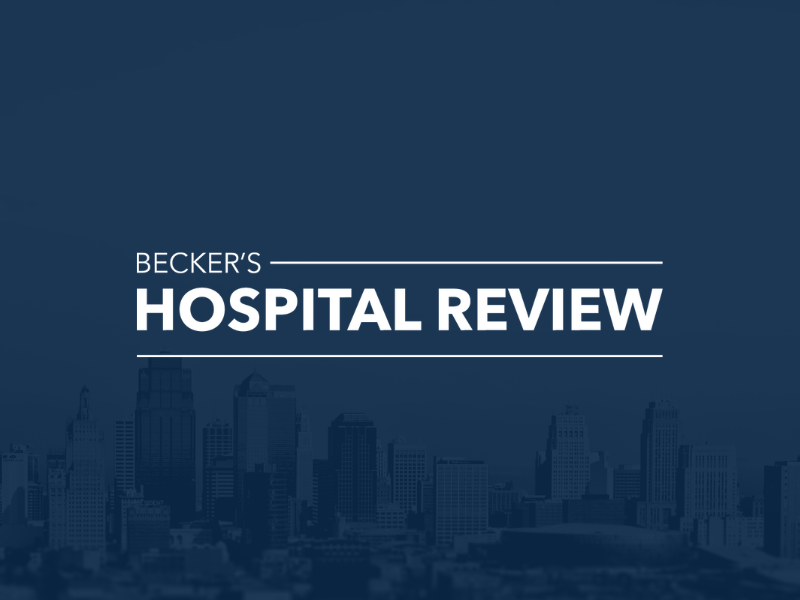I would take the regular retail pharmacy degree back to a bachelor's degree with more emphasis on business & law and less on therapeutics vs PharmD degrees today, plus a mandatory retail internship for three-four months. And keep mandatory IPPOs for hospital and a non-direct patient care. Then at the end of the BPharm program those who really want to go clinical, would have an option of applying to PharmD programs (2-3 years long, with far, far fewer spots than currently exist so the number of grads would actually correspond to the number of openings) where they do focus on therapeutics and literature evaluation (and I would add a couple public health/epi courses) and do several clinical and non-traditional rotations. Then PharmD grads would be eligible for residencies and fellowships. Maybe even make PGY-1 a part of the PharmD program (though I personally would have hated that). But for schools, this plan makes zero business sense, so no way they would agree to something like this.


